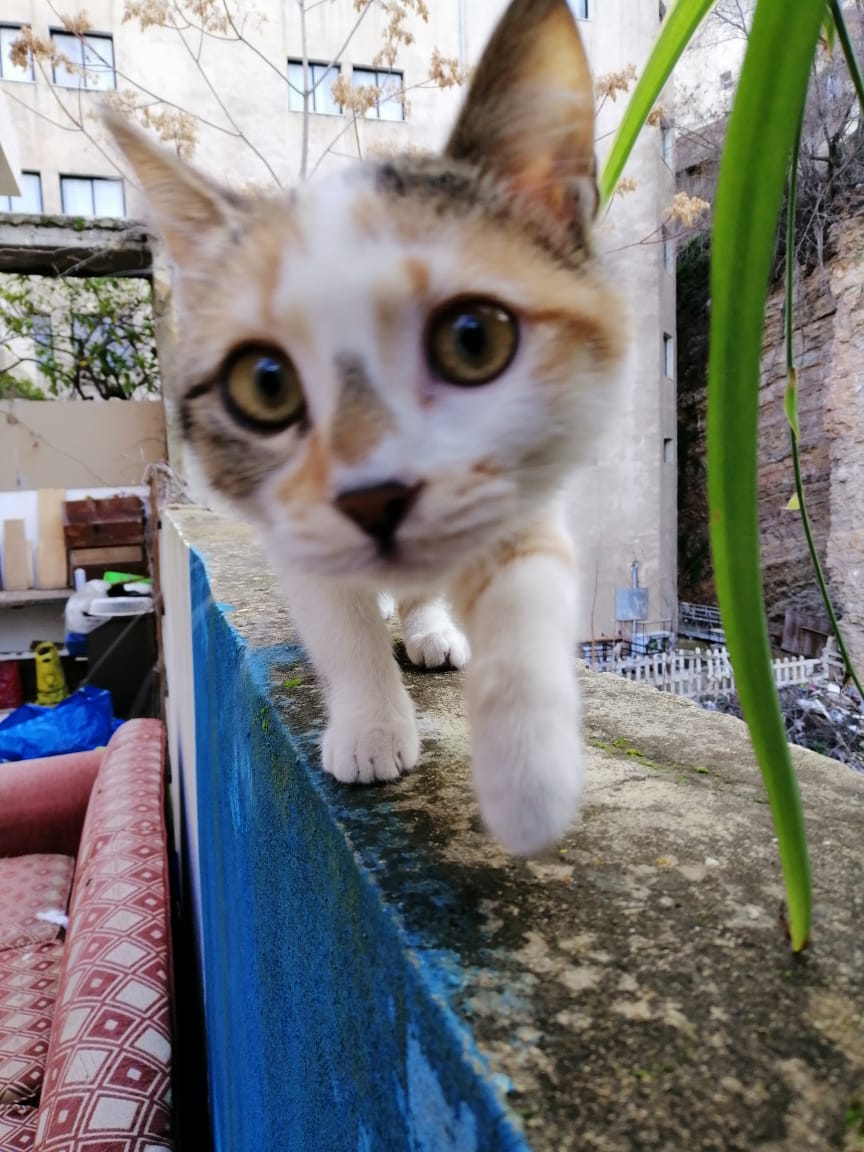Fellows' Reflections: Eliza Davis
/“Guys, I’ve learned something incredibly important.” We’re three women wedged in the back of a taxi. It’s 9:45am and we’re on our way to work. “Well,” I amend, “It’s not that important, but it’s my new favorite thing in Arabic.” My coworkers are both studying the language, and swapping new phrases is always a fun carpool conversation. “Do you guys know the names of the fingers in Arabic?” Bryn laughs, but Jessie, the other MENAR fellow, replies with an inquisitive, “No?”
“These two,” I say, motioning to my ring and pinky finger, “are called hunsar and bunsar. Hunsar and bunsar! How amazing is that?”
Jessie laughs. “Are you serious?”
“Yes! Hunsar and bunsar.”
Bryn chimes in. “And wasta,” indicating her middle finger, “sbabe,” for the pointer, and “ib7am,” for the thumb.
At this point, the taxi driver, who apart from “good morning” has only heard us speak English, chuckles as well. “Where are you from?” He asks, in Arabic. He turns out to have a fixed meter and tries to charge us twice the normal cab fare. We don’t pay.
Living with Jordanians and speaking only Arabic at home, I’ve begun to explore the hidden quirks of the language. In the same conversation when I discovered the lovely hunsar and bunsar, I also learned that the area between your ankle and knee in Arabic is called “bta2,” meaning duck. I was sitting in the living room with my roommate and started to laugh. “Well, what’s it called in English?” he asked. I thought about it for a second, then started to laugh even harder. “Calf!”
Part of the progress has definitely come from Mishka, the six-month old kitten, whom I adopted in October and who only speaks Arabic (or at least I only speak Arabic with her). I very quickly learned the word “3ad” meaning to bite, but more importantly the phrase “3ad 3ad,” which is similar to nibbling or intensive light biting—a constant phenomenon in my life with Mishka. From there, I’ve discovered one of my favorite features of Jordanian Arabic: two syllable repetitive phrases to denote a lightened or more familiar version of the original word: “tuk tuk” is cracking your back; “ms7 s7” is to be properly awake. I’ve also learned and now often utter the phrase “amawet omek,” which means “I’ll kill your mom,” or literally “I will cause your mother’s death.” The use of “omek” (your mother) to strengthen the meaning of a verb can be used in a negative sense (as for Mishka when she misbehaves) or a positive sense, such as “b7eb omek,”—“I love your mother,” as way to show that you really love the other person, not that a Stacey’s Mom situation is going on.
I’m sure there are so many other fun features of Jordanian Arabic that I have yet to come across, and many more mistakes that will be made before I get a handle on half of them. I’m looking forward to all of it.

